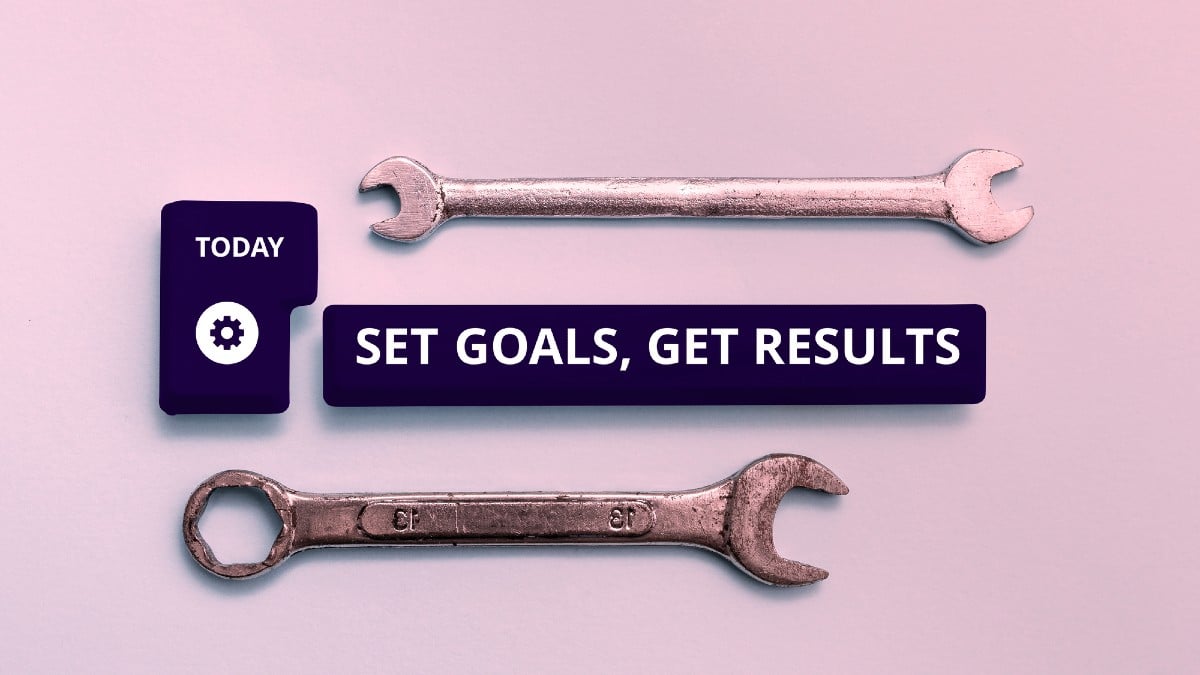Feeling like your wallet’s perpetually empty? Many people unknowingly engage in avoidable habits that perpetuate financial struggles and keep them poor. By recognizing and changing these detrimental habits, individuals can pave the way toward greater financial stability and security.
1. Not Comparing Prices

Failing to compare prices before making purchases can result in spending more than necessary. Whether it’s groceries, utilities, or insurance, a little research can go a long way. Shopping around and using comparison websites can help you find the best deals, stretching your budget further.
2. Eating Out Frequently

While dining out is a nice treat, making it a regular habit can quickly drain your finances. Cooking at home is not only more economical but also healthier. Planning meals and cooking in bulk can save both time and money in the long run.
3. Purchasing For Prestige

Buying for prestige involves acquiring items more for their social status appeal than for practicality or necessity. This habit can lead to excessive spending on luxury goods or brands as a means to display wealth or success. It often results in financial strain due to prioritizing appearances over financial stability.
4. Single Source of Income

Relying solely on one income stream can be a risky financial strategy, particularly for those striving to escape the cycle of poverty. This limitation hampers the ability to save, invest, and cushion against unforeseen job losses or economic downturns.
Diversifying income sources, through side gigs or investments, can provide financial security and flexibility, essential for building wealth and stability.
5. Avoiding Financial Education

A lack of knowledge about personal finance can lead to poor money management. By educating oneself about budgeting, saving, and investing, individuals can make informed decisions, turning their financial situation around. Plenty of free resources are available online to start this journey.
6. Ignoring Budgeting

Many fall into the trap of not tracking their expenses, which leads to overspending. Without a budget, it’s hard to identify areas where you can save money. A clear budget acts as a financial roadmap, guiding you toward better spending decisions.
7. Frequent Impulse Buys

Impulse buying is a quick route to financial strain. These unplanned purchases, no matter how small, add up over time, diverting funds from essential needs or savings. Training oneself to pause and reflect before any purchase can mitigate this habit.
8. Skipping Savings

Often, the mindset is to spend now and save later. However, this approach usually results in little to no savings. The Federal Reserve reports that the national personal savings rate in the United States fluctuates, but has generally been trending downward. Setting aside even a small amount regularly can build a financial cushion over time, offering security against unexpected expenses.
9. Not Using Energy-Efficient Appliances

Simple habits like leaving lights on, overusing heating or cooling systems, and not optimizing energy usage can inflate utility bills unnecessarily. The Department of Energy offers resources and programs to promote energy efficiency, highlighting the cost-saving benefits.
Small adjustments, such as using energy-efficient appliances, turning off lights when not in use, and wearing appropriate clothing for the weather, can lead to substantial savings over time.
10. Not Planning for the Future

A lack of long-term financial planning can lead to missed opportunities for wealth growth. This includes not investing in retirement accounts, neglecting to create an emergency fund, or failing to obtain life insurance. Planning for the future ensures that you’re prepared for whatever comes your way, protecting you and your loved ones from financial hardship.
11. Not Using Cashback and Rewards Programs

Ignoring cashback and rewards opportunities on purchases is like leaving free money on the table. Many credit cards and loyalty programs offer benefits that can save money on everyday expenses. However, it’s important to use these programs wisely and not let them encourage unnecessary spending.
12. Paying Bills Late

Late payments on bills can lead to unnecessary fees and negatively impact your credit score. This, in turn, can make loans and credit more expensive. Setting up automatic payments or reminders can help avoid these pitfalls and keep your finances in good standing.
13. Irresponsible Credit Card Behaviour

Irresponsible credit card behavior, such as carrying high balances, making only minimum payments, and using cards for everyday purchases, can lead to substantial financial strain. These habits increase debt, accrue interest, and harm your credit score, making future loans more expensive or difficult to obtain.
Adopting responsible credit card practices is essential for maintaining financial health and avoiding the pitfalls of debt accumulation.
14. Ignoring Second-Hand Options

Buying new isn’t always necessary, especially for items like cars, electronics, and clothing. Second-hand items can often be as good as new but at a fraction of the cost. Shopping at thrift stores, online marketplaces, or garage sales can uncover great deals and significantly reduce expenses.
15. Not Setting Financial Goals

Without clear financial goals, it’s easy to drift and make impulsive decisions that can harm your financial health. Setting short-term and long-term goals provides direction and motivation to save and invest wisely. Whether it’s saving for a vacation, buying a home, or planning for retirement, goals help you prioritize your spending and focus on what matters most.
50 Super Simple Side Hustle Ideas

50 Super Simple Side Hustle Ideas (& How to Make Them Work)
10 Frugal Lessons I Learned From Being Flat Out Broke

10 Frugal Lessons I Learned From Being Flat Out Broke
How To Make Money Without a Job

How To Make Money Without a Job
Creative Ways To Make Money

20 Easy Ways to Raise A Credit Score Fast

Read More: 20 Easy Ways to Raise A Credit Score Fast
Frugal Living Tips: The Essential Guide To Start Saving Money

Frugal Living Tips: The Essential Guide To Start Saving Money


 Get more stories from Bento Bucks on money hacks and trending money news!
Get more stories from Bento Bucks on money hacks and trending money news!